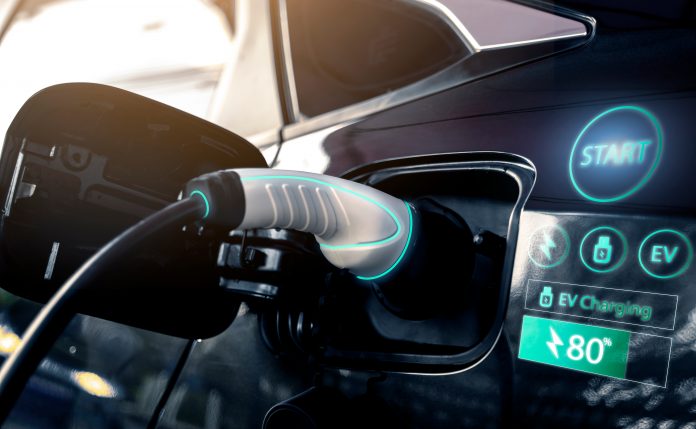To achieve the government’s Corporate Average Fuel Economy, or CAFE, program requirements, the U.S. Energy Department, DOE, proposed lowering the mileage ratings for EVs. Which is a move that could compel other automakers to offer additional low-emission vehicles or upgrade current ones.
DOE plans to dramatically change how it determines the Petroleum-Equivalent fuel economy rating for electric and plug-in electric hybrids. Some environmental groups have claimed that these new rules will discourage EV adoption.
In its proposed regulation, DOE noted that “while promoting the use of EVs can help to reduce petroleum consumption.” Adding, “giving them too much credit may actually increase it because it will make conventional vehicles, which make up the vast majority of sales, more fuel-efficient.”
Meanwhile, it’s important to note, miles per gallon equivalent, or MPGe, ratings are calculated using data on driving habits, national electricity production and distribution efficiency, and petroleum use.
On the other hand, the Alliance for Automotive Innovation, which represents major manufacturers, cautioned last year that decreasing the values might have far-reaching consequences and hinder EV adoption. Additionally, the organization is currently unclear on how the suggested DOE calculation would be included in the next CAFE requirements.
To illustrate, under the DOE proposal, a Volkswagen ID.4 EV, which currently gets 380.6 MPGe under CAFE, would get 107.4 MPGe, while a Ford F-150 EV would see its MPGe decline from 237.1 to 67.1 and a Chrysler Pacifica plug-in hybrid would see its MPGe drop from 88.2 to 59.5.
Whereas, in 2021 the Sierra Club and the Natural Resources Defense Council filed a petition for the change. They claimed that “excessively high imputed fuel economy values for EVs will result in a relatively small number of EVs.” Adding that it “will mathematically guarantee compliance without meaningful improvements in the real-world average fuel economy of automakers’ overall fleets.”
However, on April 5, 2023, the Environmental Protection Agency will propose new regulations to encourage drastic reductions in car emissions. Resulting in the hopes that will force automakers to significantly increase EV sales.



